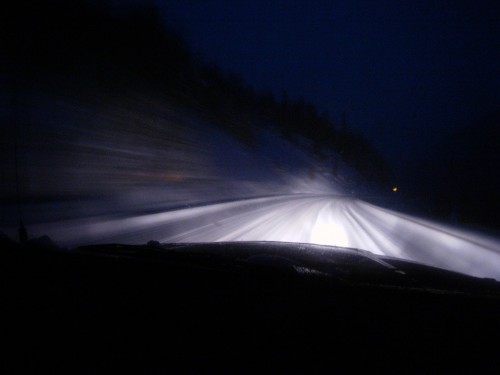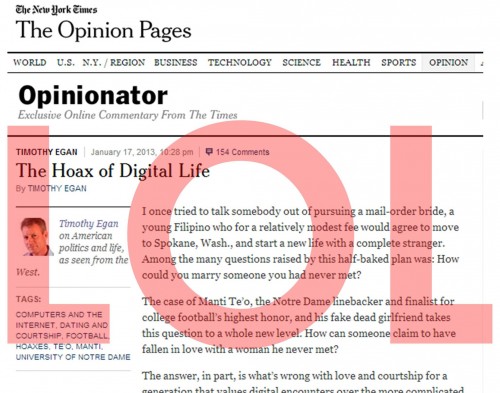“Facebook has certainly taken notice of the desire for impermanence”
“It’s interesting that we now create things specifically to forget”
“networks can be far more tyrannical, opaque, and anti-democratic than hierarchies”
“use online connectivity not to try to define ourselves perfectly but to undo ourselves over and over”
“social media seem to intersect interpersonal sociality and corporate monetization”
Nathan is on Twitter [@nathanjurgenson] and Tumblr [nathanjurgenson.com]. more...





